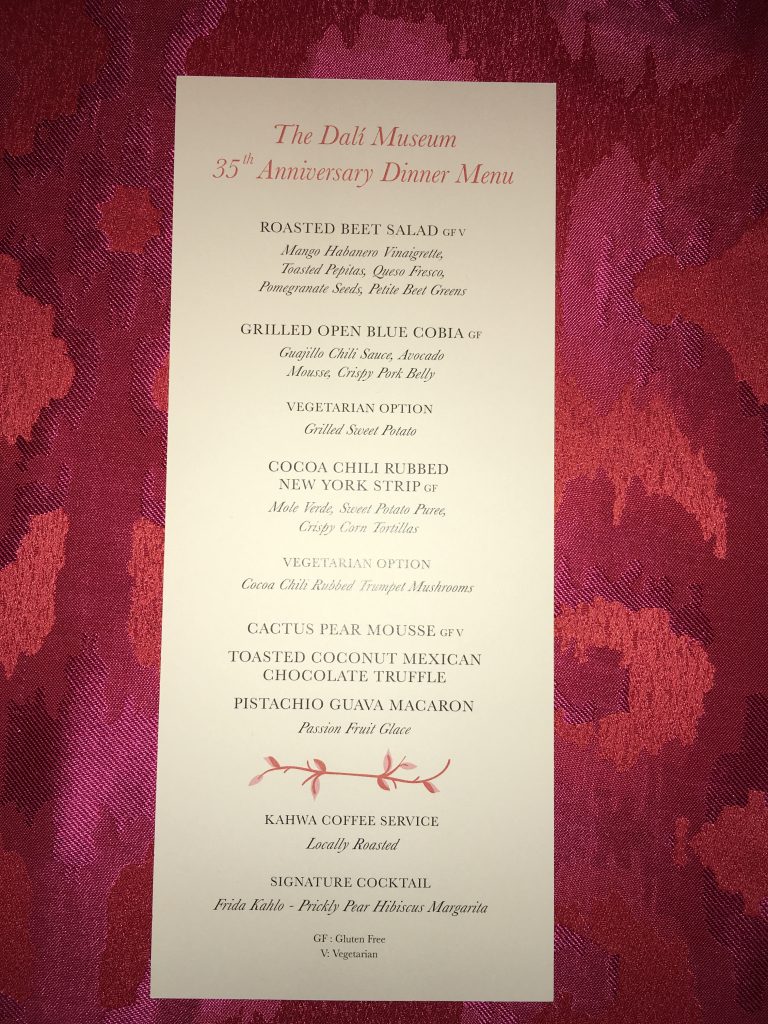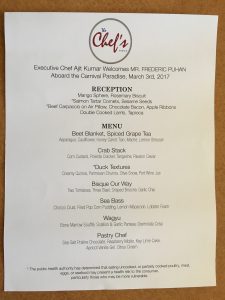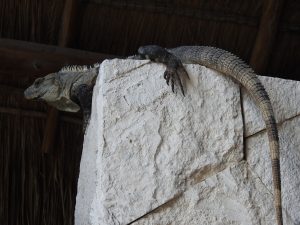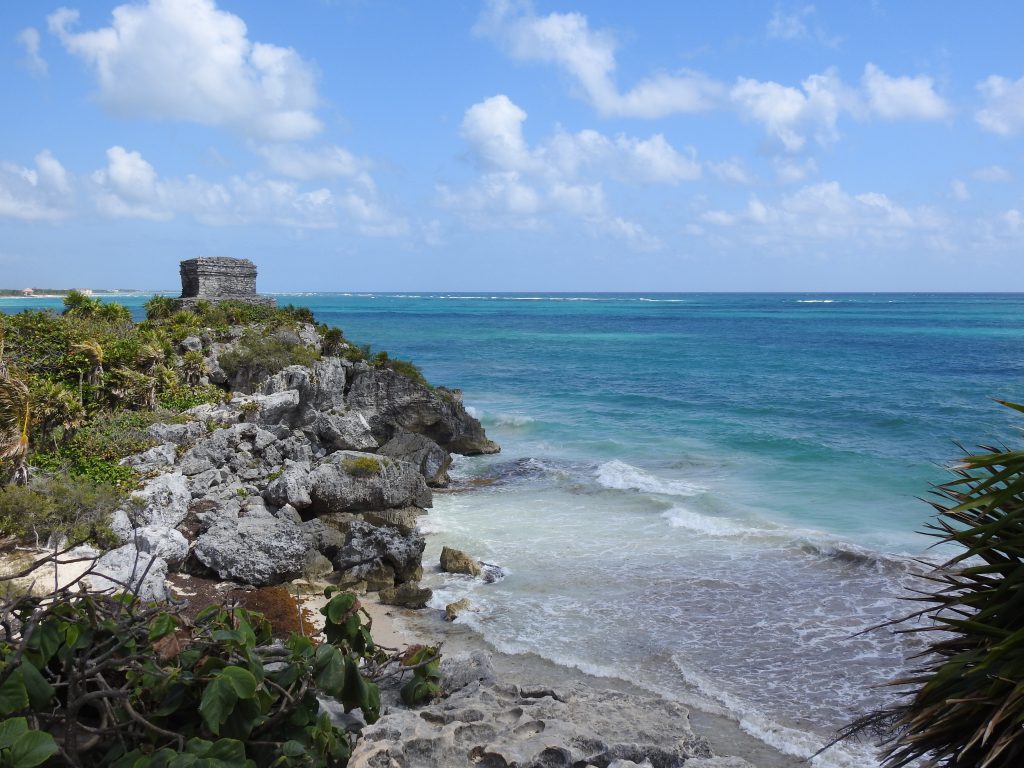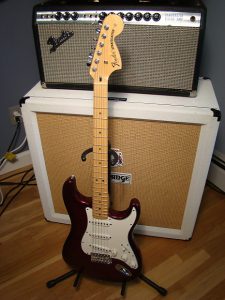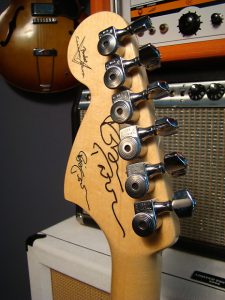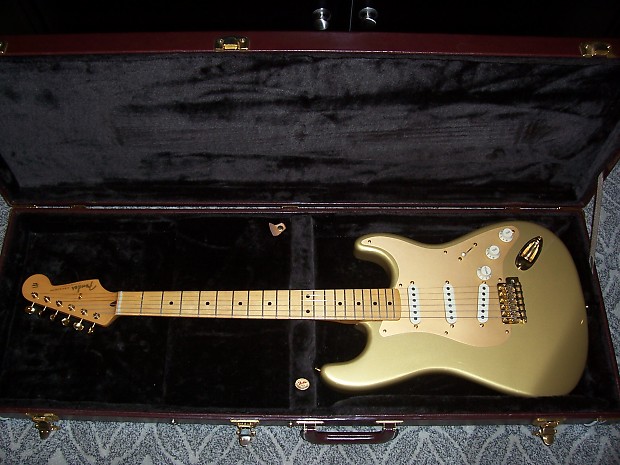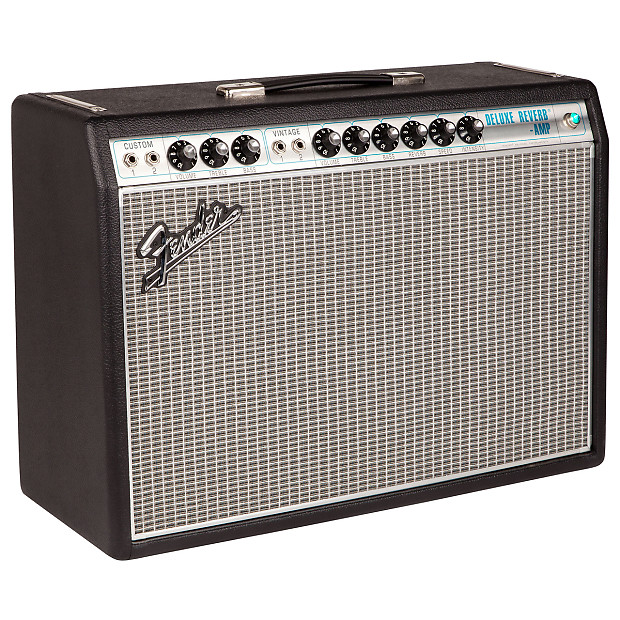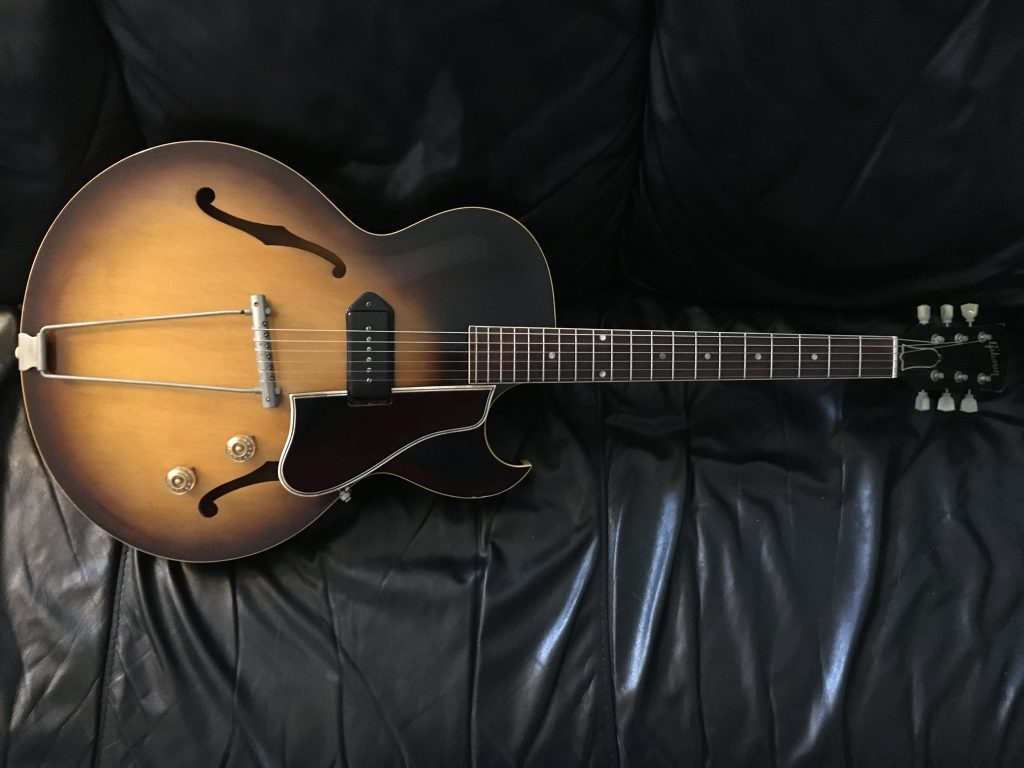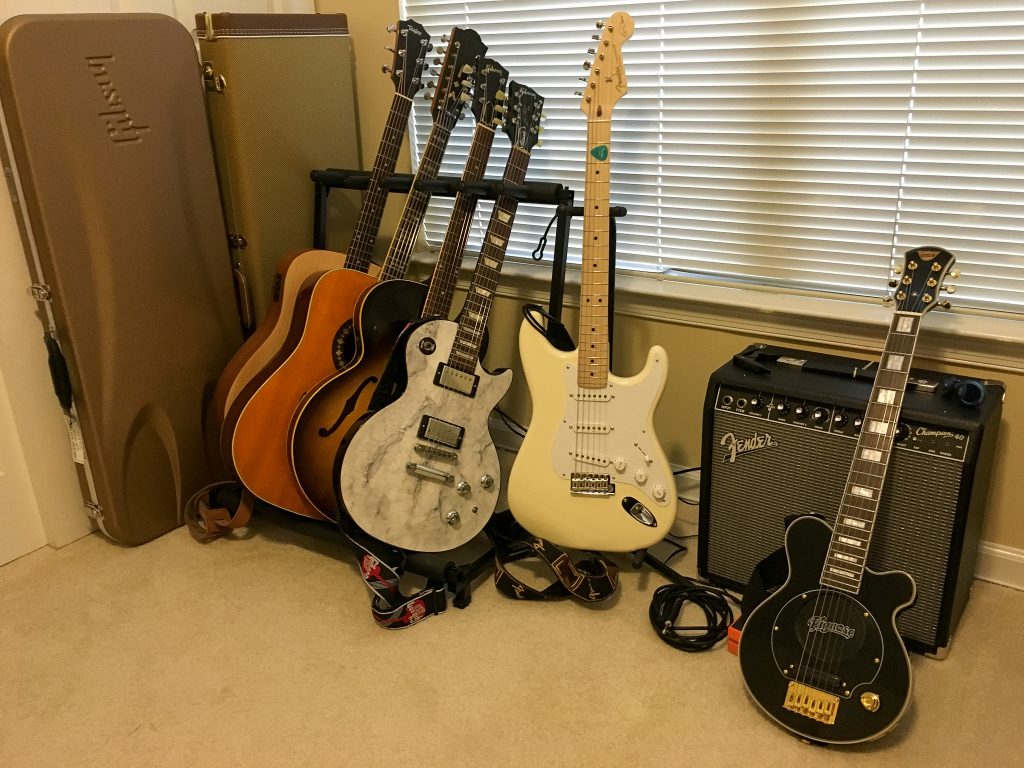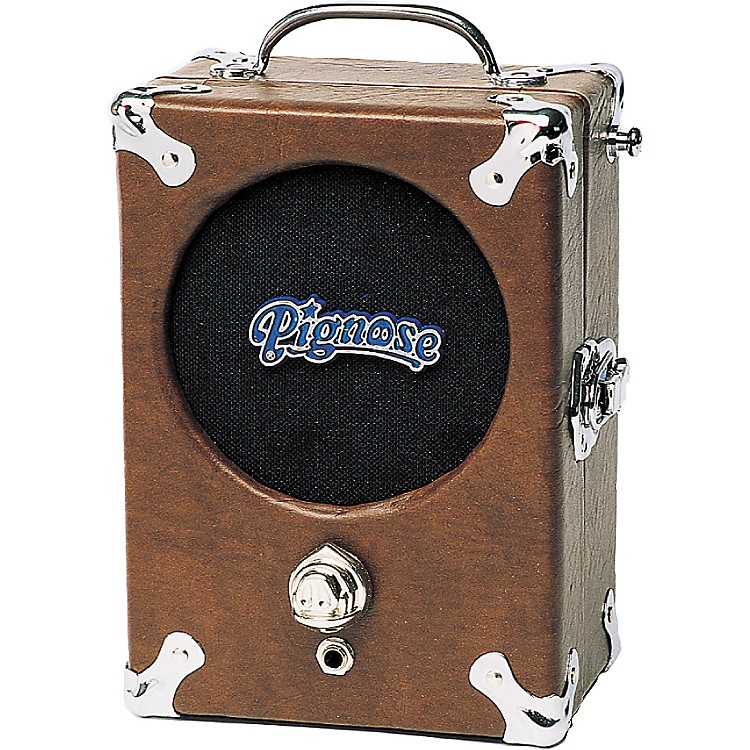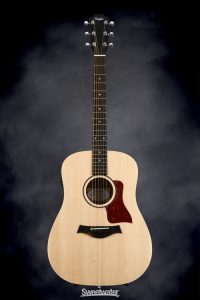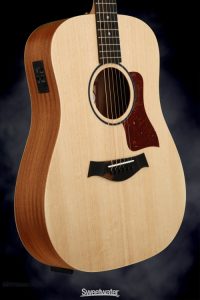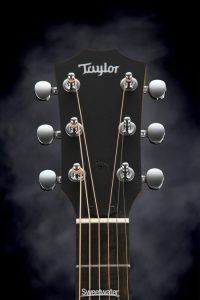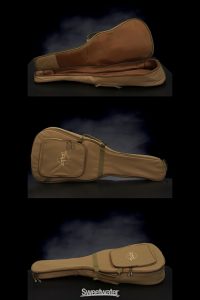I lied. I was going to make one post about two different dinners, but I found I couldn’t do it. So, here is Part 2: The Dalí Dinner.
For years, I have made attending the annual Salvador Dalí Museum a key part of my year. In the beginning, this event was called a “benefit,” as the funds raised by attendance costs helped pad the museum’s treasury. Having now been established as one of St. Petersburg, Florida’s prime attractions (attracting more than 50,000 visitors each the first of this year’s two months), the annual dinner has now become the place for the rich and famous to be seen.
This year’s dinner was especially meaningful for me, as I was seated next to the newly-elected museum president, Karen Lang Johnston — at her request. In fact, she told me, “The Morses [Brad and Mary Ann, son and daughter-in-law of museum founders Reynolds and Eleanor Morse] wanted you at their table but I insisted you sit at mine!” What an honor, and how far I’ve come since sitting in a corner somewhere.
Diners are seated in the gallery, among the artist’s masterpieces. This year, we were appropriately seated in the Honorable Eugene and Karen Lang Johnston Gallery, where Dalí’s “The Ecumenical Council” hangs.
Food this year was catered by Parkshore Grill, the parent company of Café Gala, the museum’s own eatery. Hors d’oeuvres were served in the Foyer and Gran Sala and included oxtail, lobster ceviche and shrimp skewers.
The first course was a Roasted Beet salad with Mango Habenero Vinaigrette, Toasted Pepitas, Queso Fresco, Pomegranate Seeds, Petite Green Beans.
Delicious!
The seafood entree was Grilled Open Blue Cobia with Guajillo Chili Sauce, Avocado Mousse, and Crispy Pork Belly.
The meat entree was Cocoa Chili Rubbed New York Strip Steak with Mole Verde, Sweet Potato Puree, and Crispy Corn Tortilas (which oddly enough, were absent from the plate). Dessert was Cactus Pear Mousse, Toasted Coconut Mexican Chocolate Truffle and Pistachio Guava Macaron.
Delightful!






